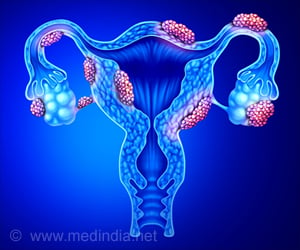CHD (Coronary heart disease) women aged less than 45 years were more likely to be under-treated compared with similarly affected men and older people.

‘Health check ups, lifestyle changes and adequate proper medications are equally important for women as they are for men.’
Read More..




The study, led by La Trobe epidemiologist Professor Rachel Huxley, analysed GP records of 130,926 patients with a history of CHD from 2014-2018. Findings included: Read More..
According to Australian Institute of Health and Welfare figures for 2015, 44 per cent of all deaths from CHD are women, and CHD remains a leading cause of death among women in Australia.
"There's a widely-held assumption that CHD only affects older men, but almost half of people who die from the disease are women," Professor Huxley said.
"Our study shows that people with a history of CHD, particularly women and people aged less than 45 years, are less likely to have their condition managed according to current clinical guidelines. Despite the differences in CHD management, women were more likely to achieve treatment targets than men."
Professor Huxley said sex disparities in the management of CHD in primary practice needed addressing to improve the outcomes for all affected people and their families.
Advertisement
"Heart health checks, lifestyle changes and appropriate medications are just as important for women as they are for men, and these findings challenge all clinicians to keep this in mind when assessing patients," Ms Mitchell said.
Advertisement
The research was funded by a National Heart Foundation of Australia Vanguard Grant, with data accessed from Medicine Insight, a national GP data program.
Source-Eurekalert











